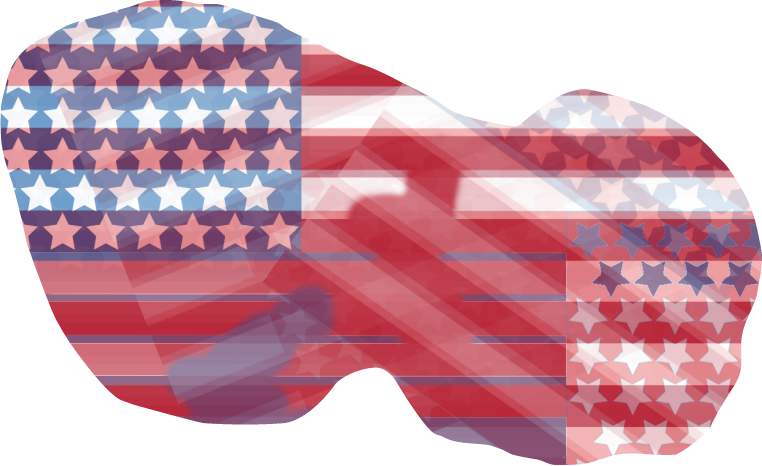By watching court dramas as a child I learned, “Ignorance of the law is no excuse,” (Ignorantia juris non excusat). Therefore the mislead will be punished for their actions on January 6, 2021. As for those who mislead them? Nothing. They broke no laws.
Facebook has taken most of the blame so far. Deservedly so. However, lying partisans and Fox commentators have largely escaped rebuke.
President Biden said this morning:
"My fellow Americans, in life there's truth and tragically there are lies. Lies conceived and spread for profit and power. We must be absolutely clear about what is true and what is a lie. And here's the truth: The former president of the United States of America has created and spread a web of lies about the 2020 election.
He's done so because he values power over principle, because he sees his own interest as more important than his country's interest, than America's interest. And because his bruised ego matters more to him than our democracy or our Constitution."
Biden blames the problem on lies. Particularly that of one man but he also doesn’t spare the Republicans continuing to back Trump.
"While some courageous men and women in the Republican Party are standing against it, trying to uphold the principle of that party, too many others are transforming that party into something else."
Something else is possible when a party values power over truth. But to be completely fair, which party is lying and which is telling the truth? We wouldn’t be in such a partisan mess if the fairness doctrine of 1949 hadn’t been repealed. That doctrine required broadcasters to present controversial views in response to their programming. It was in broadcasters’ interests to avoid giving air time to disagreeing viewers. Air time was too valuable to give to dissenting voices. To avoid controversy, broadcasters presented news as factually and objectively as possible. Bland, harmless news avoids controversy.
News organizations are free now to express controversial, even untruthful opinions while giving equal time to no one. Partnering with Trump, they created a counter-narrative while the Fake News claimed Trump lied over 30,000 times. Sounds unbelievable. Could they be lying themselves? It’s hard to tell. Furthermore, there are few instances of lying that are punishable, and many that are never challenged. Lies pass themselves off as free speech and any attempt to regulate lying would need to be carefully worded so as not to unjustly entrap those exercising their right to speak freely.
“The Justice Department remains committed to holding all Jan. 6 perpetrators, at any level, accountable under law,” said Attorney General, Merrick Garland. I expect that ignorance of the truth will be no excuse, while those who deceived won’t be punished.
It’s unlikely laws curtailing lies will arise. But perhaps the people will. What if they demanded a change in the political process? The abolishment of parties for example. Expressing political will would become more local and more personal. Perhaps even grow better conceived ideas. Could it be done? Would it hurt to try?


